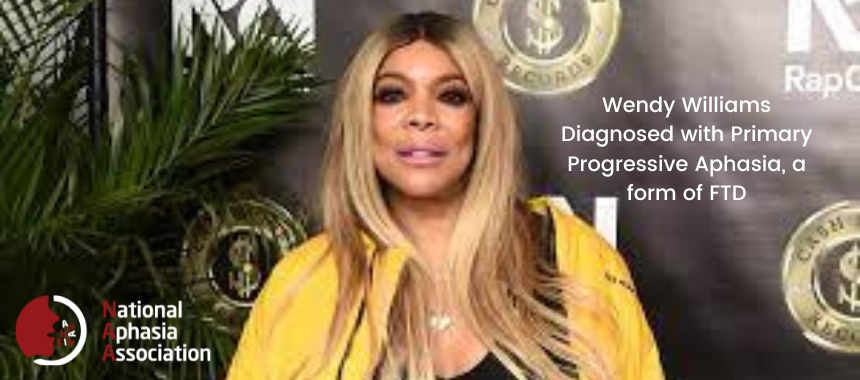Is the key to treating aphasia in adults to look to the brains of babies? Researchers at Georgetown University are studying how brains of babies adapt after a stroke. Researchers discovered that their brains make up for the damage by using a different part of their brain to process language.
Young Brains
Brains of babies have high plasticity, which means that they can adapt and change as they grow. Researchers looked at 12 people who all had strokes right before or after birth. All 12 participants in the study currently ranged in age from 12 – 25 years old. While they may still have physical indications of their stroke, such as a limp, they all had sufficient language skills.
Elissa Newport, who led the research, explained why this happens:
These young brains were very plastic, meaning they could relocate language to a healthy area, (but) it doesn’t mean that new areas can be located willy-nilly on the right side. We believe there are very important constraints to where functions can be relocated. There are very specific regions that take over when part of the brain is injured, depending on the particular function.
In other words, locating which region of the brain takes over when the language centers are damaged is the key in treating adults after a stroke.
Adult Brains
Newport applied their findings forward:
They are also carrying out more research into the molecular basis of plasticity in young brains in order to try and work out how to “switch on” plasticity in adults who have suffered a stroke or brain injury.
Switching on this plasticity may involve creating a drug that could revert the brain to a “child-like state” in terms of adaptability Doing so could “rewire” the brain:
Adults who have experienced a stroke may one day be able to take a drug to help their brain “rewire” itself, so that tasks once carried out by now-damaged areas can be taken over by other regions.
This idea has already been picked up by other researchers. The Guardian reported on additional research out of Harvard:
Takao Hensch, a professor of molecular and cell biology at Harvard University, who was also speaking at the meeting, said that his research in mice showed that by blocking certain molecules in the adult brain that hinder plasticity, it was possible to increase its ability to rewire.
Hensch is already working with drugs that exist to see if they can be applied to creating this neuroplasticity:
Hensch is already working on possible therapeutics. He said that among the possibilities, drugs routinely used for mood disorders might show potential to increase plasticity in adults. His previous research has shown that adults given the drug valproate, used to treat bipolar disorder, regain the ability to learn perfect pitch – a skill that is usually only seen in children who began studying music before the age of six.
These all may be a small, initial studies, but the findings are exciting news and point towards future ways forward in treating aphasia.
Photo by Janko Ferlič on Unsplash


